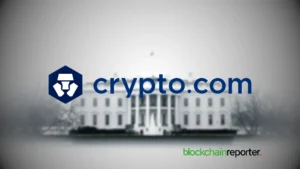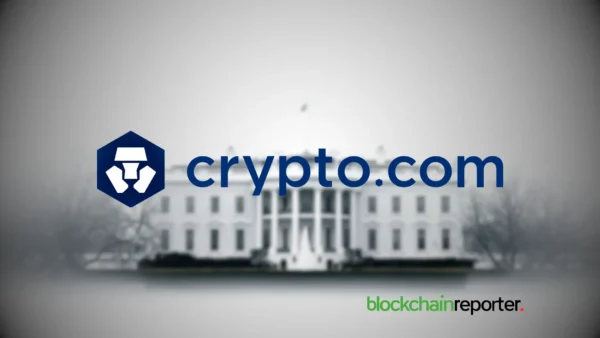
- JVCEA Set to mandate all cryptoassets exchanges to keep only 10 to 20 percent of funds in hot wallets.
- The new rule is focused on curbing the incessant hacks of crypto exchanges in the region.
- The JVCEA has reportedly hinted it would revise existing rules drafted in July 2018 and get them to implement once the FSA gives its nod.
The Japan Virtual Currency Exchange Association (JVCEA) has announced its move to formulate better laws targeted at fostering better funds management practices for DLT-based cryptocurrency exchanges and trading platforms, in a bid to eliminate attacks on digital currency exchanges by cryptocriminals, reported Japan Times on September 30, 2018.
JVCEA Waging War against Cryptocurrency Thieves
In a bid to bring sanity back to Japan’s cryptocurrency industry and cripple the activities of hackers and cyberpunks, the Japan Virtual Currency Exchange Association (JVCEA) has reportedly said it would make it compulsory for exchanges to manage just a fraction of digital assets in online crypto wallets (hot wallets).
According to the Japan Times report, the JVCEA may likely order exchanges to handle only 10 to 20 percent of customers’ funds online while a large chunk of the digital assets will be kept in cold storage.
The JVCEA has also made it clear that it would shortly revise the existing self-imposed crypto exchange rules formulated earlier in July 2018 and get it implemented as soon as the country’s financial regulatory watchdog, the Financial Services Agency (FSA) certifies it okay, in line with Japan’s payment services law.
An End to Hacks and Heists in Asian Bitcoin Trading Platforms?
Founded in March 2018 and officially commenced operations in April, the JVCEA was created by sixteen cryptocurrency exchanges fully registered by the FSA.
The JVCEA’s primary objective is to entirely standardize the operations of digital assets trading platforms in the region.
Formed after the wake of the Coincheck cryptocurrency exchange heist that gifted hackers with more than half a billion dollar worth of NEM (XEM) altcoins, the JVCEA now appears ready to fix all loopholes present in Japanese exchanges, after reports emerged on September 20, 2018 that Tech Bureau’s Zaif cryptocurrency exchange had fallen victim to a $60 million cryptocurrency theft.
In a statement by the exchange, the officials said that criminals managed to gain access to the server that controls its online cryptocurrency wallet and were able to steal about 5,966 bitcoin (BTC) and other cryptoassets like monacoin (MONA) and bitcoin cash (BCH).
While cryptocurrency exchanges store a considerable part of their clients’ digital assets on hot wallets to ease transactions, the method is, however, proving too risky.
With JVCEA’s resolve to make exchanges keep only an insignificant amount of funds in online wallets, it remains to be seen whether this could permanently shutter the activities of hackers in the state.








